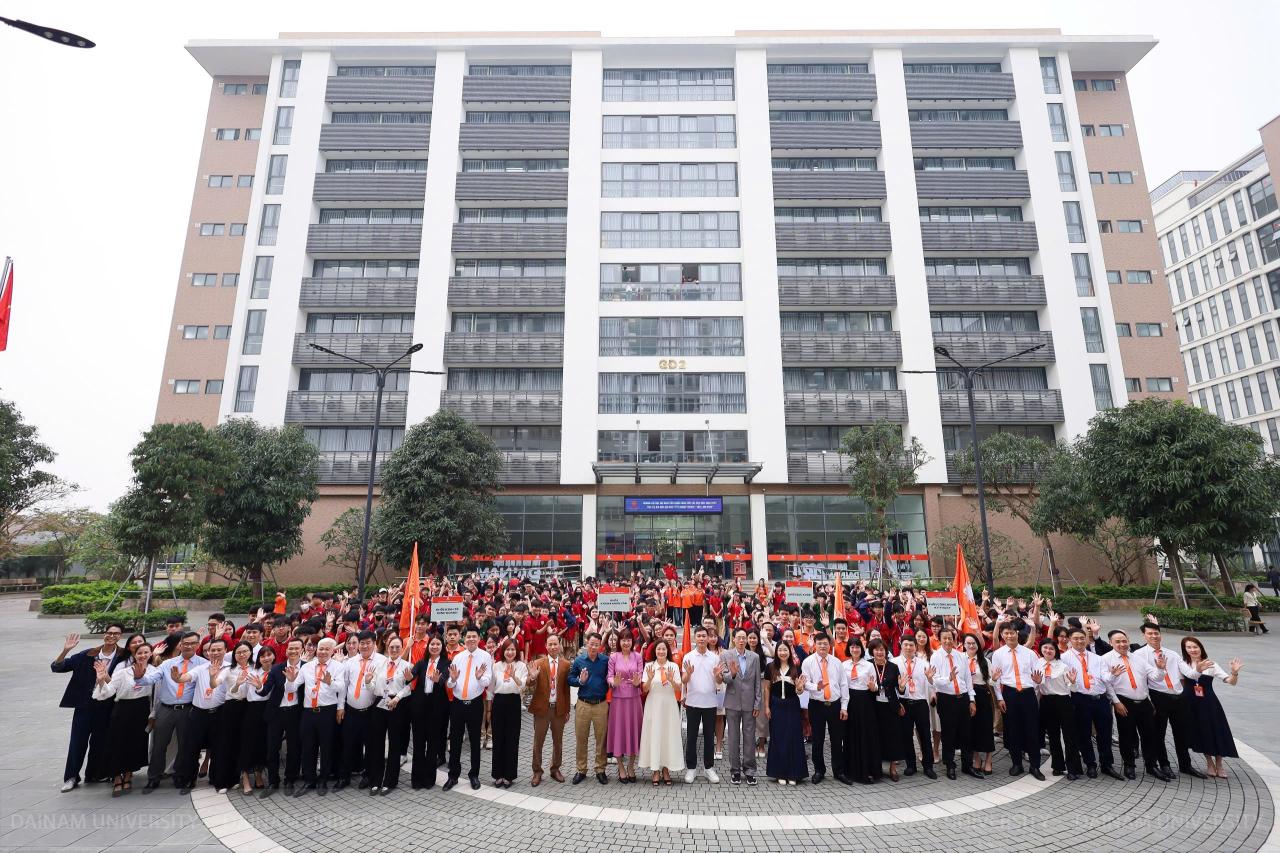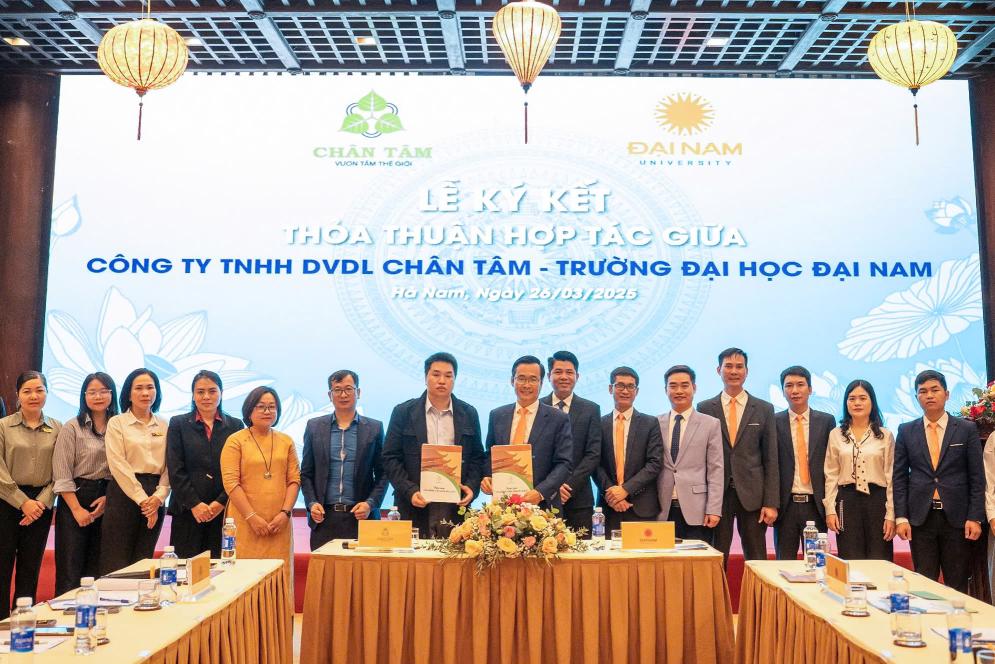Salary subject to social insurance and income not subject to social insurance from 2018
Posted date 17/01/2018
2.462 view

Social insurance is one of the important social security policies of the Party and the State. Social insurance policies have been institutionalized and implemented according to the Law. Social insurance is the sharing of risks and funds to protect workers when they are no longer able to work, so to some extent "social insurance is charitable".
Dr. Le The Anh - Dai Nam University
Social insurance is one of the important social security policies of the Party and the State. The social insurance policy has been institutionalized and implemented according to the Law. Social insurance is the sharing of risks and funds to protect workers when they are no longer able to work, so to some extent "social insurance is charitable". However, in reality, many businesses and organizations do not comply with the Social Insurance Law, especially the new regulations on social insurance contribution levels. This article introduces the salary levels for social insurance contribution and incomes not subject to social insurance contribution applicable from January 1, 2018, which will help businesses and organizations that employ workers understand correctly and strictly implement the social insurance regime.
According to Article 89 of the Law on Social Insurance, "The monthly salary for social insurance payment is the salary and salary allowance according to the provisions of the law on labor. From January 1, 2018 onwards, employees pay social insurance based on the salary, allowances and many other additional amounts stated in the labor contract."
Social insurance is a guarantee to partially compensate or replace the income of workers when they have reduced or lost income due to illness, maternity, work accidents, occupational diseases, retirement age or death... on the basis of contributions to the Social Insurance Fund organized and implemented by the State and using that fund to ensure stable life for workers and social security.
Social insurance must be paid to employees on income plus allowances, business costs will increase greatly, social insurance payment policy according to the new law greatly affects business costs.
According to the provisions of Circular No. 59/2015/TT-BLDTBXH dated December 29, 2015 detailing and guiding the implementation of a number of articles of the Law on Social Insurance on compulsory social insurance and Circular No. 47/2015/TT-BLDTBXH dated November 16, 2015 of the Ministry of Labor, War Invalids and Social Affairs guiding the implementation of a number of articles on labor contracts, labor discipline, material responsibility of Decree No. 05/2015/ND-CP dated January 12, 2015 of the Government detailing and guiding the implementation of a number of contents of the Labor Code, from January 1, 2018 onwards, the monthly salary for social insurance payment is the salary, salary allowance and other supplements.
In which, salary allowances for social insurance contributions are salary allowances to compensate for factors related to working conditions, complexity of work, living conditions, and labor attraction that the agreed salary in the labor contract has not been taken into account or not fully taken into account, such as position and title allowances; responsibility allowances; allowances for heavy, toxic, and dangerous work; seniority allowances; regional allowances; mobility allowances; attraction allowances and allowances of similar nature.
Other additional amounts calculated for social insurance contributions are additional amounts that determine a specific amount of money along with the salary agreed upon in the labor contract and are paid regularly in each pay period.
However, according to Clause 3, Article 30 of Circular 59/2015/TT-BLDTBXH of the Ministry of Labor - Invalids and Social Affairs; Decision 595/QD-BHXH of Vietnam Social Security, there are 14 following regimes and benefits that will not be subject to compulsory social insurance contributions, specifically as follows:
1. Bonus as prescribed in Article 103 of the 2012 Labor Code;
2. Innovation bonus;
3. Meal allowance between shifts;
4. Fuel allowance;
5. Phone support money;
6. Travel allowance;
7. Housing support money;
8. Childcare support;
9. Child support;
10. Support money when an employee has a relative who dies;
11. Support money when employees have relatives getting married;
12. Support money for employees' birthdays;
13. Allowance for workers facing difficult circumstances due to work accidents or occupational diseases;
14. Other allowances and subsidies are recorded as separate items in the labor contract according to Clause 11, Article 4 of Decree 05/2015/ND-CP.
Thus, according to current regulations, the monthly salary for compulsory social insurance does not include all allowances and other supplements, but only some amounts that can be determined in advance and fixed monthly. In other words, the monthly salary for social insurance is not the entire income of the employee as recently stated by some businesses.
References:
1. Social Insurance Law 2006.
2. Labor Law 2012.
3. Decree No. 05/2015/ND-CP dated January 12, 2015
4. Circular No. 59/2015/TT-BLDTBXH.
5. Circular No. 47/2015/TT-BLDTBXH.
6. Decision 595/2017/QD-BHXH
According to Article 89 of the Law on Social Insurance, "The monthly salary for social insurance payment is the salary and salary allowance according to the provisions of the law on labor. From January 1, 2018 onwards, employees pay social insurance based on the salary, allowances and many other additional amounts stated in the labor contract."
Social insurance is a guarantee to partially compensate or replace the income of workers when they have reduced or lost income due to illness, maternity, work accidents, occupational diseases, retirement age or death... on the basis of contributions to the Social Insurance Fund organized and implemented by the State and using that fund to ensure stable life for workers and social security.
Social insurance must be paid to employees on income plus allowances, business costs will increase greatly, social insurance payment policy according to the new law greatly affects business costs.
According to the provisions of Circular No. 59/2015/TT-BLDTBXH dated December 29, 2015 detailing and guiding the implementation of a number of articles of the Law on Social Insurance on compulsory social insurance and Circular No. 47/2015/TT-BLDTBXH dated November 16, 2015 of the Ministry of Labor, War Invalids and Social Affairs guiding the implementation of a number of articles on labor contracts, labor discipline, material responsibility of Decree No. 05/2015/ND-CP dated January 12, 2015 of the Government detailing and guiding the implementation of a number of contents of the Labor Code, from January 1, 2018 onwards, the monthly salary for social insurance payment is the salary, salary allowance and other supplements.
In which, salary allowances for social insurance contributions are salary allowances to compensate for factors related to working conditions, complexity of work, living conditions, and labor attraction that the agreed salary in the labor contract has not been taken into account or not fully taken into account, such as position and title allowances; responsibility allowances; allowances for heavy, toxic, and dangerous work; seniority allowances; regional allowances; mobility allowances; attraction allowances and allowances of similar nature.
Other additional amounts calculated for social insurance contributions are additional amounts that determine a specific amount of money along with the salary agreed upon in the labor contract and are paid regularly in each pay period.
However, according to Clause 3, Article 30 of Circular 59/2015/TT-BLDTBXH of the Ministry of Labor - Invalids and Social Affairs; Decision 595/QD-BHXH of Vietnam Social Security, there are 14 following regimes and benefits that will not be subject to compulsory social insurance contributions, specifically as follows:
1. Bonus as prescribed in Article 103 of the 2012 Labor Code;
2. Innovation bonus;
3. Meal allowance between shifts;
4. Fuel allowance;
5. Phone support money;
6. Travel allowance;
7. Housing support money;
8. Childcare support;
9. Child support;
10. Support money when an employee has a relative who dies;
11. Support money when employees have relatives getting married;
12. Support money for employees' birthdays;
13. Allowance for workers facing difficult circumstances due to work accidents or occupational diseases;
14. Other allowances and subsidies are recorded as separate items in the labor contract according to Clause 11, Article 4 of Decree 05/2015/ND-CP.
Thus, according to current regulations, the monthly salary for compulsory social insurance does not include all allowances and other supplements, but only some amounts that can be determined in advance and fixed monthly. In other words, the monthly salary for social insurance is not the entire income of the employee as recently stated by some businesses.
References:
1. Social Insurance Law 2006.
2. Labor Law 2012.
3. Decree No. 05/2015/ND-CP dated January 12, 2015
4. Circular No. 59/2015/TT-BLDTBXH.
5. Circular No. 47/2015/TT-BLDTBXH.
6. Decision 595/2017/QD-BHXH
Latest article
View all Posts
Related articles
See all related Articles
Register for admission consultation 2025
Dai Nam University offers admissions to
36 academic programs
across a diverse range of disciplines, including Healthcare, Engineering and Technology, Economics and Business, and Social Sciences and Humanities.
Register now to secure
scholarships and tuition support worth up to 55 billion VND
scholarships and tuition support worth up to 55 billion VND

Register now to secure
scholarships and tuition support worth up to 55 billion VND
scholarships and tuition support worth up to 55 billion VND









